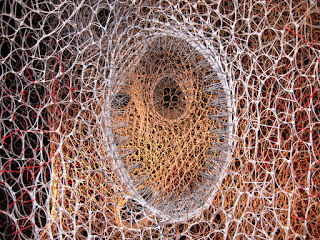I paradossi dell’alternativa nella società morfogenetica. Le altre modernità e il futuro non-sociale
(Paradoxes of the Alternative in the Morphogenetic Society. Other Modernities and the Non-Social Future)
DOI:
https://doi.org/10.13135/2038-6788/10331Keywords:
Alternative, Alternative to Society, Morphogenetic Society, Society Without an OutsideAbstract
To discuss, after the end of twentieth-century utopias, the possibility and meaning of the idea of “the alternative” within the social and political realm entails the necessity to understand opportunities and limits inherent in the structural and cultural conditions of the global society. This essay introduces three theoretical insights and proposes them as fundamental axes for the analysis of the problem. The contemporary society can be described as morphogenetic and without an outside in the process of undergoing radical transformations concerning its profound symbolic nature; such transformations can be noted through the category of axiality, which is tied to the distinction between immanence and transcendence. The thesis of this essay is that the abovementioned conceptual framework uncovers some paradoxes at the heart of the global society, most notably, its complex mixture of opening and closure. The framework also facilitates analyzing emerging phenomena within such a context and helps identifying those that can still be considered “alternatives.” This enables escaping the unilateralism of the new grand narratives and thinking of other possible paths of development that are void of grandeur and alternative to the current, strong tendencies that lead to the ascent of illiberal democracies and liberal post-democracies, to a renewed absolutization of Realpolitik, and to the construction of a post-social future.


